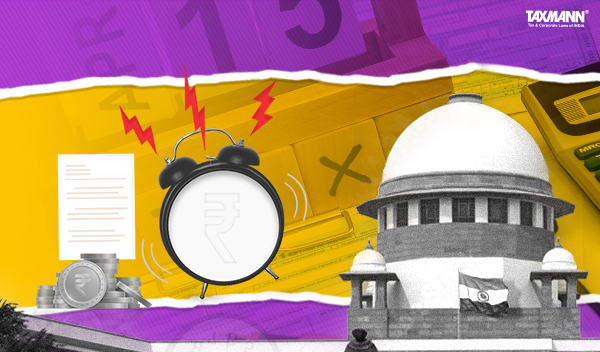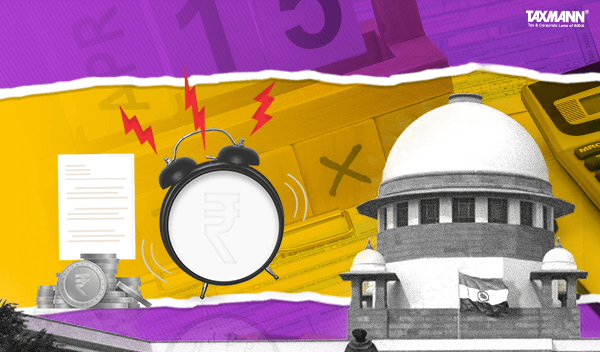
Case Details: Nirzari Amitbhai Mehta vs. Pr. Commissioner of Income-tax-1 - [2024] 168 taxmann.com 674 (Gujarat)
Judiciary and Counsel Details
- Bhargav D. Karia & Mrs Mauna M. Bhatt, JJ.
- S.N. Divatia, Adv. for the Petitioner.
- Varun K. Patel, Adv. for the Respondent.
Facts of the Case
The assessee, an individual and long-time taxpayer failed to file an income tax return for the relevant assessment year due to inadvertence by her advocate. Consequently, she filed an application under Section 119(2)(b), seeking condonation of delay and claiming a refund for excess tax deducted at source.
The application was rejected because no genuine hardship was proven as required under Circular No. 9/2015. Aggrieved by the order, the assessee filed a writ petition before the Gujarat High Court.
High Court Held
The High Court held that the phrase “genuine hardship” used in Section 119(2)(b) should be construed liberally. A highly pedantic approach should be eschewed in matters of condonation of delay, and a justice-oriented approach should be adopted. A party should not be made to suffer on account of technicalities.
With regard to genuine hardship, the High Court relied on the decision of the Bombay High Court in the case of Sitaldas Motwani v. DIT [2010] 323 ITR 223 (Bom). The court held that when substantial justice and technical justice are pitted against each other, the cause of substantial justice deserves to be preferred. There is no presumption that delay is occasioned deliberately or on account of culpable negligence, or on account of malafides. A litigant does not stand to benefit by resorting to delay; in fact, he runs a serious risk.
In the instant case, it was not in dispute that the assessee was entitled to a refund of Rs. 52,592/- on account of excess tax deducted at source. On perusal of the computation of income, it was revealed that the assessee was otherwise not liable to pay the tax, and the entire tax deducted at the source of interest and dividend of Rs. 52,592/- was liable to be refunded to the assessee.
Therefore, the assessee was permitted to file the return of income belatedly by exercising the powers under Section 119(2)(b).
List of Cases Reviewed
- Sitaldas Motwani v. DIT (323 ITR 223) [Para 21]
- Bombay Mercantile Co-op. Bank Ltd. (332 ITR 0287) (Bom.) [Para 22] – Followed.
List of Cases Referred to
- Sitaldas K. Motwani v. DIT (International Taxation) [2010] 187 Taxman 44/323 ITR 223 (Bombay) (para 14).
The post Genuine Hardship Should Be Construed Liberally; Delay in Filing ITR Due to Advocate’s Inadvertence to Be Condoned | HC appeared first on Taxmann Blog.
